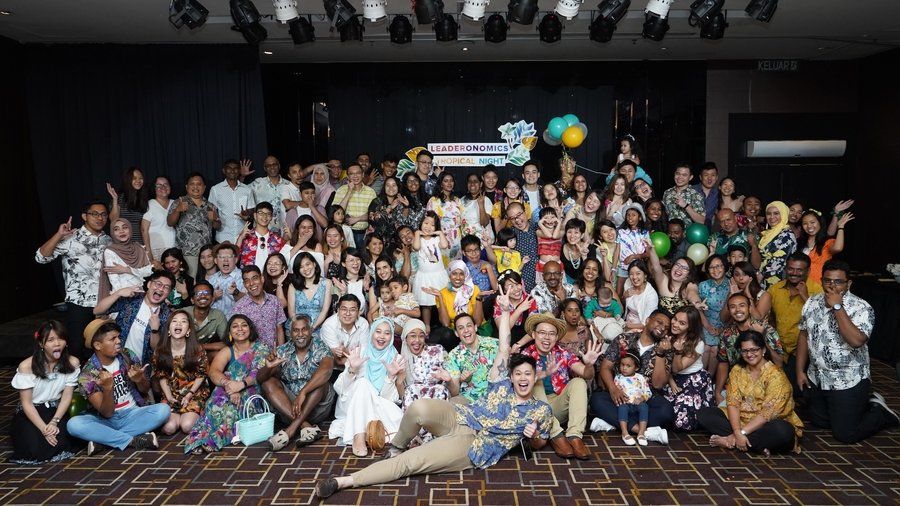Why Overhauling the First 2 Hours of Your Day Can Revolutionise Your Life

–
According to an article by DMR, a company that looks at social media statistics and trends, the average user gets around 121 emails per day, with only 10 per cent requiring a considered response.
In addition, a study by the University of Glasgow found that email is used correctly to leverage time zones or answer a well-defined question only 20 per cent of the time. Yet, email is usually the first task of the workday. This is the most productive time and it is being squandered.
For the majority of people, their peak alertness is at 10am and their best coordination is at around 2.30pm. This is best explained by the work of Michael Smolensky and Lynne Lambert, published in their book The Body Clock Guide to Better Health, which shows that our body clock has a natural rhythm.
These results are consistent with most research findings, a lot of which employ the Morning Eveningness Questionnaire, developed by James A Horne and Olov Östberg in 1976. Its main purpose is to measure whether a person’s circadian rhythm produces peak alertness in the morning, evening or in between.
While the results vary from study to study, in a normal population only 10 to 21 per cent of people can survive on minimal sleep and working late into the early morning. Tasks that require attention and focus are best done in the morning (what is deemed ‘real work’), and repetitive tasks (such as email) are best done in the afternoon.
In a 2016 study titled ‘Diurnal Variations in Executives’ and Analysts’ Behaviour: Evidence from Conference Calls’, researchers found that CEOs who had meetings about earnings with analysts and shareholders were more likely to be upbeat and positive in the mornings. The tone grew more negative as the day progressed. This was an alarming finding, as much of an organisation’s value could be determined by how those conversations went.
The number of decisions people make throughout the day compounds this further. One study by Cornell University showed that people make around 200 decisions each day about food alone. This helps explain the exhaustion that is felt by leaders when they have to make large calls like approve a $1.5-million budget late in the afternoon.
Leaders need good knowledge, experience and the ability to make a sound judgement. If they are not making good decisions, then they are putting their career at risk.

This is the reason why Barack Obama only wore blue or grey suits while he was the US president, to save energy for the world’s most pressing and important decisions.
READ: Hamilton v. Obama: Star-Spangled Leaders
.
In his book Thinking, Fast and Slow, Daniel Kahneman describes the brain as having two systems. One that moves quickly and makes snap judgements. It also doesn’t require much energy.
The other, which is slower, takes deeper thinking and uses a lot of energy. People feel tired or ‘brain dead’ if they have been using the second system a lot.
The amount of brainpower a task will require should dictate someone’s day, not email. Tasks that require deep thinking, concentration and focus (high intensity) are best in the morning, while email should be left for after lunch.
Try it tomorrow and see.
–
Donna McGeorge is a workplace consultant and author of The First 2 Hours. Get in touch with her at editor@leaderonomics.com.
Business
Tags: Alignment & Clarity
This article is published by the editors of Leaderonomics.com with the consent of the guest author.





